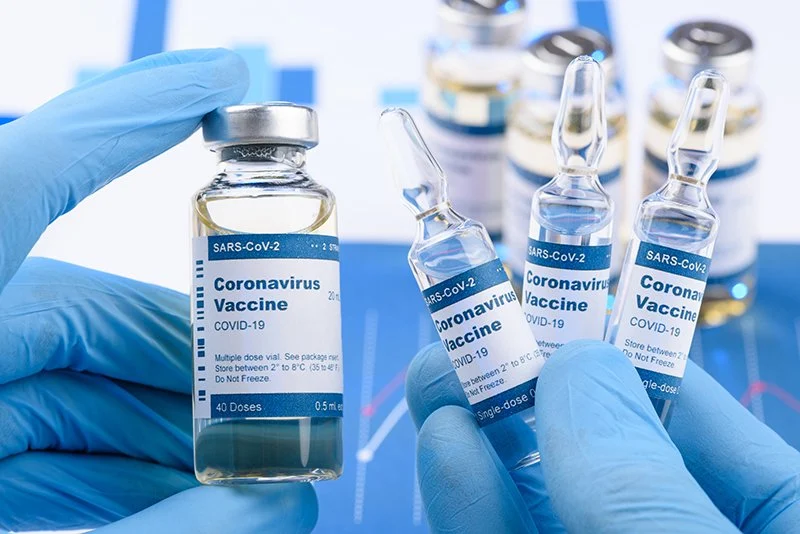The Vision for Alternative Development (VALD) has called on the government of Ghana through the Ministry of Health to honour its WHO Framework Convention on Tobacco Control (FCTC) obligation and reject Medicago’s Covifenz vaccine if offered.
The Quebec-based pharmaceutical company, Medicago has produced first Canada- made COVID-19 vaccine (Covifenz) in support of the global response to the COVID-19 pandemic. However, the World Health Organization has declined all requests to approve the vaccine for entry on the WHO’s COVID-19 Emergency Use Listing (EUL).
WHO’s refusal to approve this vaccine is due to Medicago’s ties with Philip Morris International, one of the world’s leading tobacco companies and a major shareholder in Medicago. Hence, the WHO in its expression of interest phase has labeled the Covifenz vaccine “not accepted” on its website dated 2nd March, 2022. This decision by the WHO has received support from various public health groups in Canada and across the globe; calling on the Canadian government to find an appropriate investor to replace Philip Morris as a major shareholder in Medicago.
It is indeed an irony that an industry that kills over 7 million smokers and 1.2 million people exposed to secondhand smoke annually wishes to lead the way in solving the coronavirus pandemic; when its own products pose deadly health threats indifferently. Among several oppositions to smoking reduction measures is Philip Morris’s dream of modifying tobacco into a supposed ‘less harmful’ smoke-free product; Ghana cannot participate in this cunning approach of the tobacco industry to position themselves as ‘partners of government’ on public health issues. It rather seems like a subtle way of growing its influence and widening its reach.
Ghana has come a long way in the fight against tobacco with the passage of the Tobacco Control Measures and the adoption of the Tobacco Control Regulations in 2012 and 2016 respectively. Concurrently, as a party of the 182 signatories to the WHO FCTC, Ghana must remain committed to its obligations including Article 5.3 which obliges parties to ensure that their policies are protected “from commercial and other vested interests of the tobacco industry.” Guidelines for implementing this obligation make clear that “the tobacco industry should not be a partner in any initiative linked to setting or implementing public health policies, given that its interests are in direct conflict with the goals of public health.”
We, therefore, echo the voices of public health advocates globally and call on Ghana to avoid any ties with the Covifenz vaccine and future partnerships that violate its FCTC obligations. With at least nine other WHO-approved safe and effective vaccines such as AstraZeneca, Pfizer, and Johnson & Johnson among others in the COVAX kitty, Ghana should decline any offer to accept vaccines tainted with the tobacco industry’s funding.
VALD commends WHO for remaining resolute in this bold decision and entreats the Ghana government to stand with WHO and reject the Covifenz vaccine understanding that the control of the COVID-19 pandemic should not compromise our battle against tobacco. It is time for stringent legislation and actions to hold the tobacco industry responsible for the harm they cause to health, the economy, and the environment; they are a threat to our very existence.
Labram Musah
Executive Director of Programmes: Vision for Alternative Development
0243211854

